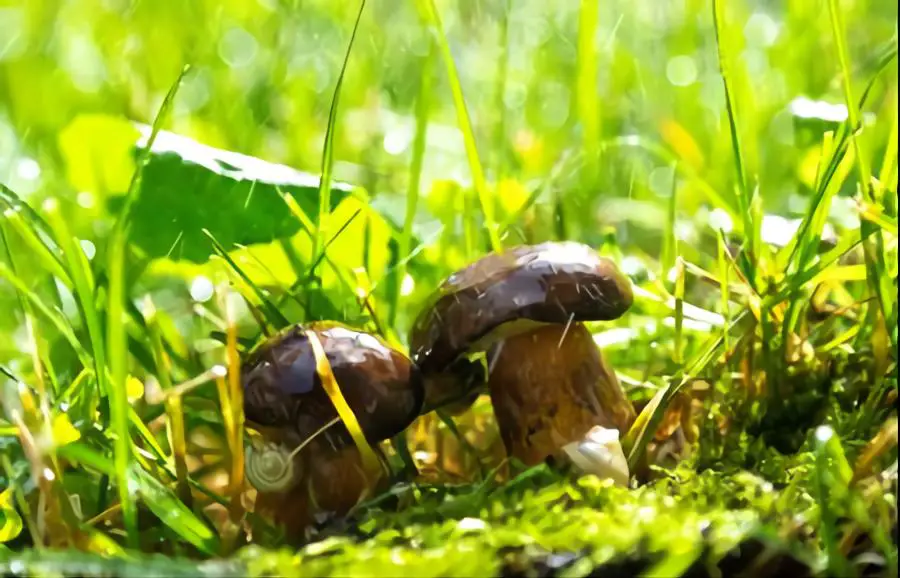Last Updated on April 8, 2024 by Real Men Sow
Our furry friends are known to be curious creatures. They will sniff and taste everything that is around them. That is why dog owners need to be vigilant to ensure their dogs don’t eat anything that could cause harm. While many types of mushrooms found on lawns after prolonged rain periods are safe to eat, many others are not. It could send your dog to an emergency veterinarian.
Lawn After-Rain Mushrooms
When the conditions are favorable for spores, like rainy weather, mushrooms can be produced as fruiting bodies. Many after-rain mushrooms can be found on lawns, making it difficult for an untrained eye to distinguish between safe and poisonous mushrooms. To ensure your dog doesn’t ingest mushrooms on your property, keep an eye on him.
Poisoning Symptoms and Signs
The severity of symptoms of mushroom poisoning will depend on the amount and type of mushrooms consumed. Minor exposures may cause vomiting, diarrhea, and other symptoms such as gastrointestinal upset. If toxic after-rain mushrooms grow in your yard, you may experience more severe symptoms of excessive salivation, agitation, and hallucination. Yellowing gums are a sign of liver damage in dogs.
Poisoning Care
Call a veterinarian immediately if you suspect after-rain mushrooms poisoned your dog. However, before rushing to the vet’s office, take a mushroom sample that your dog ate. You may also induce your dog to vomit by letting it drink water or milk containing one tablespoon of hydrogen peroxide for every 15 pounds of its body weight. Collect any mushrooms that the dog has absorbed. It will help the veterinarian determine the number of poisonous mushrooms consumed.
Prevention
Although it is difficult to stop mushrooms from growing in lawns with high organic matter, there are simple ways to defeat them. However, organic matter accelerates its decomposition by applying 5 pounds of 210-0 ammonium sulfate per 1,000 feet of lawn. The soil improves by regularly dethatching and aerating it. You can rake the grass and remove any lawn mushrooms that persist before your pet gets on the lawn.

